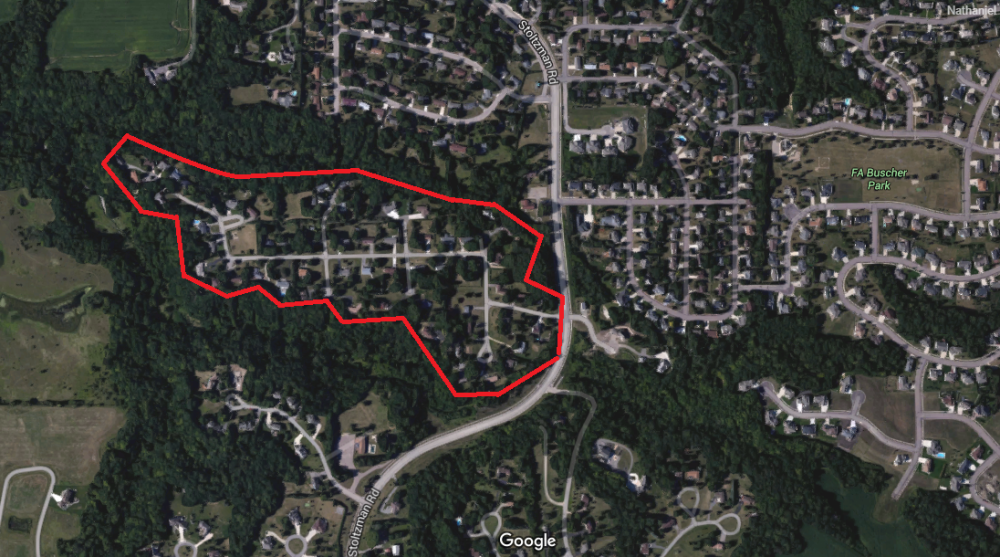Back in January Strong Towns ran a great piece by Nathaniel Hood called “This isn’t an annexation – it’s a bailout.” It’s a short story about a town in Minnesota that’s about to annex a small 1960’s subdivision that somehow remained in incorporated territory for many years.
Basically this subdivision enjoyed low county tax rates for years and now that its infrastructure is shot, it’s finally interested in joining up with the adjacent city in order to enjoy some services.
Hood correctly characterizes this as a bailout, and I agree with the article.
But this shows how regionalization and regional tax sharing may come to be characterized if the new urban future actually materializea as advertised. For a long time cities supported large scale annexations, consolidations, and regional tax sharing were conventional wisdom, in part because it was seen that declining central cities would benefit from them.
But imagine for a moment such tax sharing turned into a major outflow from booming downtowns to struggling suburban regions? Would urban leaders continue to support it? Or would they say that this would be a bailout of suburbs?
In the Twin Cities region (which Mankato appears not to be part of, incidentally), apparently St. Paul benefits from tax sharing, and Minneapolis sometimes is a contributor, sometimes a beneficiary. There would appear to be higher levels of regional solidarity than elsewhere, but it would be interesting to see what happened to the dynamics there if this turned into strong and continuous outflows from the central cities.

I’ve been very interested (but have no clue if it is possible to know) how tax income is split between Indy’s old city limits and the outlying Marion county. My gut instinct says the old city was a major beneficiary when UNIGOV was adopted, but I would be shocked if it still was given the low density of development and the infrastructure investments made in the donut townships.